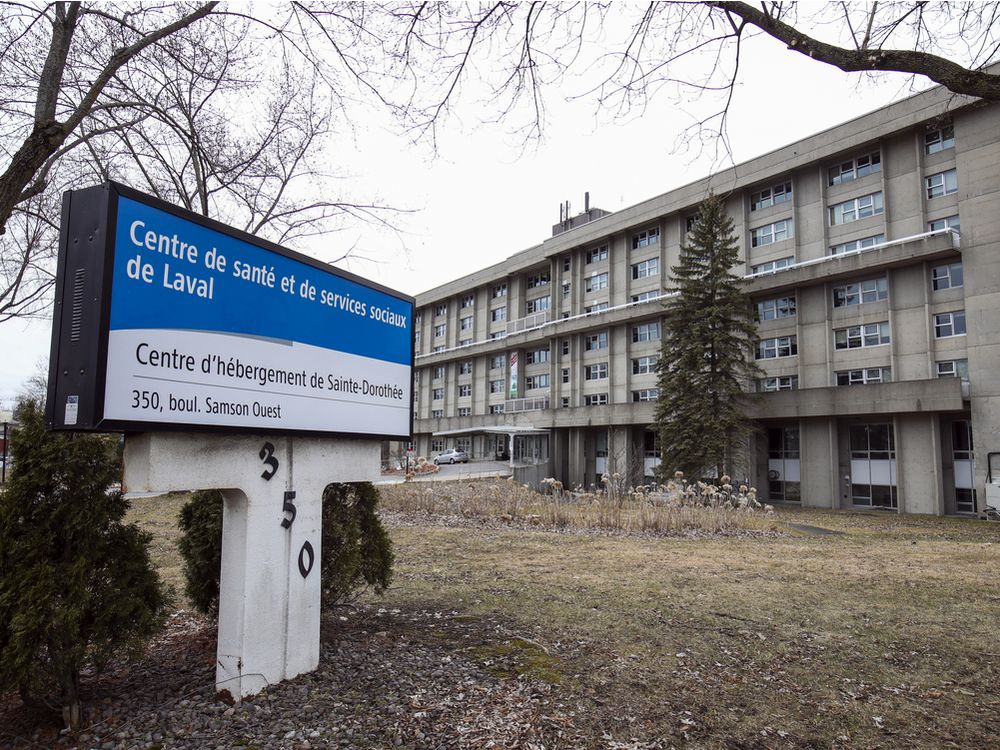Michelle Wilson was shocked to find her father looking unrecognizable during a window visit to his nursing home in May, his lips cracked and arms ridden with sores, despite reassurance from staff that he was doing just fine. He died shortly thereafter. There’s no shortage of stories like this: Blood-curdling tales of neglect in senior homes across Quebec have abounded since late February, exposing the injustices in the province’s long-term care facilities. More than 80 per cent of COVID-19 deaths in Quebec are linked to these facilities, a figure that has forced administrators in the elder care industry to reckon with the treatment of seniors in society. This reckoning is a perfect time for McGill students to strengthen connections with Quebec’s elderly.
Young people often believe that they are invulnerable, disconnected from the glum world of nursing homes, perhaps save for a grandparent or a former neighbour. What’s more is that students, swept up by their busy schedules, may find themselves far too tied up to act on matters that do not directly concern them. McGill students hardly have the time to complete their 15-page paper by midnight, much less to revolutionize long-term care facilities. But this tacit acceptance of elder care injustice does not just hurt the elderly. When students refuse to acknowledge the flaws in senior care homes, they are not only discounting the value of elders, but they are also blinding themselves to the very institutions that await them. Testimonies reveal the inhumane treatment of seniors in various long-term care facilities: Seniors left in their beds for nearly hours; widespread neglect due to staff shortages or an inadequate training of employees; residents being deprived of basic sanitary services such as baths and dental care; rampant loneliness; shortages of testing and protective equipment. A lack of resources and funding in nursing homes failed to protect seniors from ravages of COVID-19; in effect exposing the pre-existing flaws in elder care. In the absence of reform, these are the bleak spaces that students can look forward to when their time comes.
Although young people may find it easier to be passive than to help reform geriatric care, any apathy on the part of the young only perpetuates the grisly reality seniors face. To overturn society’s latent disregard for seniors, McGill students must make it a priority to provide assistance and companionship to the elderly. Students should offer to deliver groceries to an elderly neighbour, or simply engage them in conversation. They should volunteer for one of the many social and health organizations in Montreal that support seniors, such as The Yellow Door, which runs intergenerational programs to combat the isolation of seniors in the Milton-Parc community. McGill Students for Geriatric Health (MSGH) is another group working to improve geriatric health outreach by hosting annual symposiums and connecting students with volunteer opportunities in Montreal. MSGH aims to bridge the gap between seniors and youth, and is currently locating remote volunteering opportunities for students around the world for the Fall 2020 semester.
The median age of Canadians killed by COVID-19 is 84 years old. Victims of the pandemic, however, are not merely statistics. These are siblings, teachers, cousins, parents, friends—people to whom we are inextricably tied. This is the class of 1958. We must reject the rhetoric that casts the elderly as expendable bearers of bygone tradition, and instead see them for what they are: Human beings with inherent value.
Some members of the McGill community have already made strides toward mending the gap between older and younger generations. Claire Webster is the founder of the McGill Dementia Education Workshops, an authority in the field of ageing and caring for individuals with dementia, and, most importantly, a former caregiver to her late mother. She emphasized the vital role empathy and education play in revamping elder care.
“Education is the key to everything,” Webster said. “If you are properly educated, you have power. When you see the elderly, it is almost as if they have been the forgotten ones. But what you have to remember is that once upon a time, they were you.”









Amazing article! How insightful, thought provoking and timely.